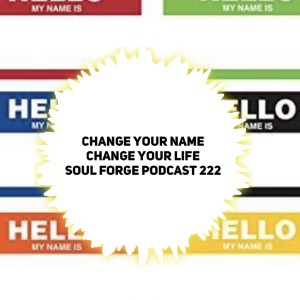People with words of affirmation as a love language value verbal acknowledgments of affection, including frequent "I love you's," compliments, words of appreciation, verbal encouragement, and often frequent digital communication like texting and social media engagement.
2. Quality time
People whose love language is quality time feel the most adored when their partner actively wants to spend time with them and is always down to hang out. They particularly love when active listening, eye contact, and full presence are prioritized hallmarks in the relationship.
3. Acts of services
If your love language is acts of service, you value when your partner goes out of their way to make your life easier. It's things like bringing you soup when you're sick, making your coffee for you in the morning, or picking up your dry cleaning for you when you've had a busy day at work.
4. Gifts
Gifts is a pretty straightforward love language: You feel loved when people give you "visual symbols of love," as Chapman calls it. It's not about the monetary value but the symbolic thought behind the item. People with this style recognize and value the gift-giving process: the careful reflection, the deliberate choosing of the object to represent the relationship, and the emotional benefits from receiving the present.
5. Physical touch
People with physical touch as their love language feel loved when they receive physical signs of affection, including kissing, holding hands, cuddling on the couch, and sex. Physical intimacy and touch can be incredibly affirming and serve as a powerful emotional connector for people with this love language. The roots go back to our childhood, Motamedi notes, some people only felt deep affection and love by their parents when they were held, kissed, or touched.
Take the quiz to determine your love language: https://www.5lovelanguages.com/quizzes/love-language
This week's podcast promo: Ring of Thunder, Vaccine PSA









